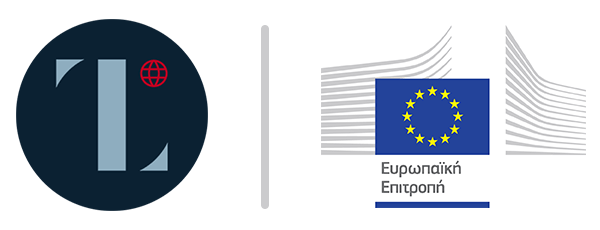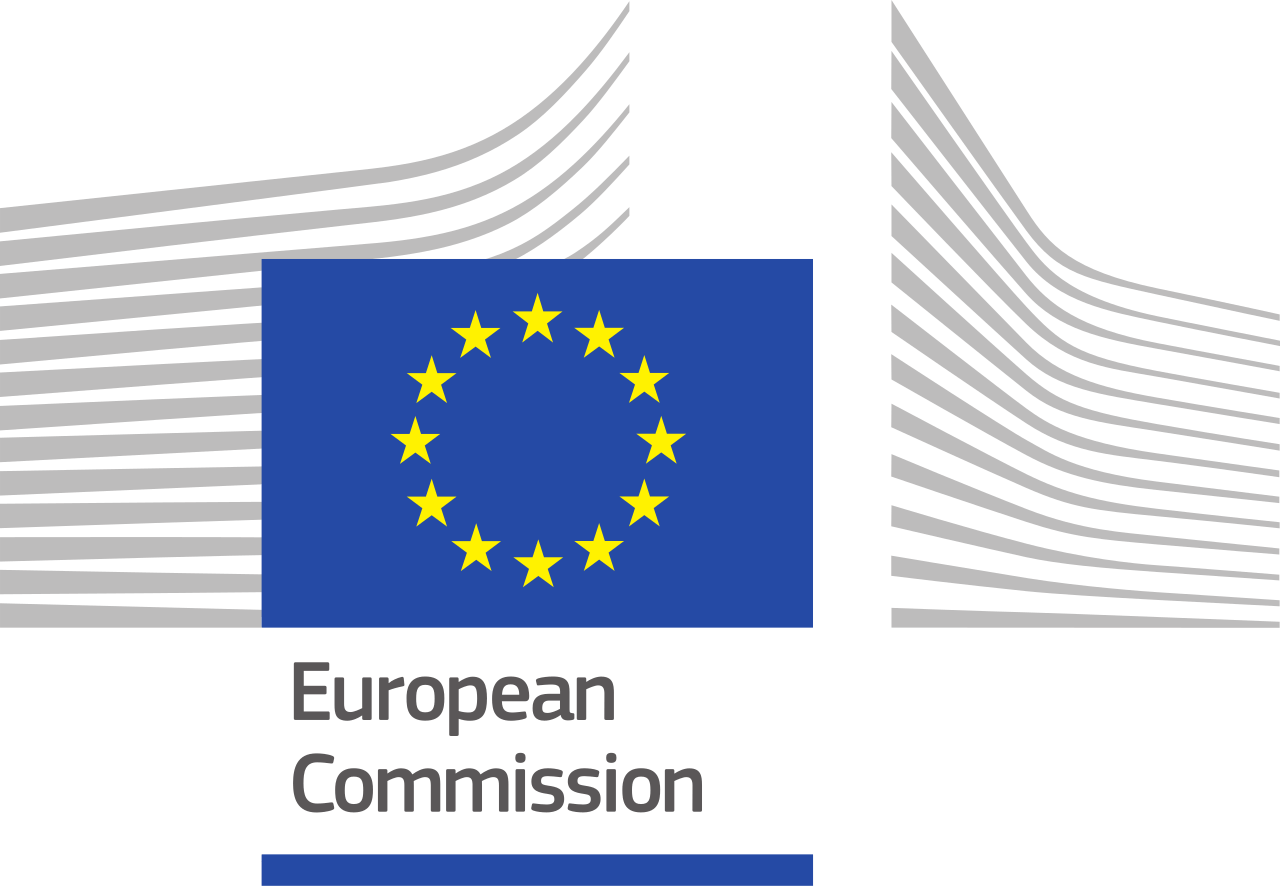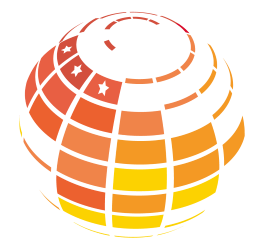The event, which took place on 8 October 2024, was chaired by Leonidas Kourmadas from the European Commission and Vilelmini Sosoni from the Ionian University.
You can read the abstracts below:
Lynne Bowker, Full Professor and Canada Research Chair in Translation, Technologies and Society at Université Laval in Canada
Translator Education in the Age of AI: Educating translators for today… and tomorrow
Translator educators have been adapting curricula to new technological developments for decades. However, the widespread release of tools based on artificial intelligence (AI) has proven to be more disruptive than the introduction of previous technologies. Rather than making modest revisions, translator educators are now rethinking translator education more deeply and broadly than ever before as they grapple with the implications of these new tools. On the one hand, AI-based tools now have the potential to take on some of the tasks that were previously handled by language professionals. On the other hand, the tools do currently have limitations that translators need to be prepared to deal with. From an educator’s perspective, one of the biggest challenges is considering how to future-proof translation programs so that the education student translators receive today will stand them in good stead in the years to come. In this presentation, we will contemplate the developments, potential, and limitations of translation technologies and consider how educators can adapt, innovate, expand, and future-proof various aspects of translator education programs in the age of AI.
Joss Moorkens, Associate Professor at the School of Applied Language and Intercultural Studies in Dublin City University (DCU)
A triple bottom line for translation technology
In light of predictions of job displacement in translation (and beyond) due to generative AI and the urgency of sustainability, some colleagues and I proposed an adaptation of Elkington’s (1997) triple bottom line from business ethics to be utilized for technology evaluation. This talk describes our proposal and what it might mean to evaluate while giving equal weight to people, planet, and performance. Our hope is that by not giving primacy only to what technology can do, we might better find the proper place for humans and machines in translation.
Helena Moniz, President of the European Association for Machine Translation, President of the International Association for Machine Translation, Assistant Professor at the School of Arts and Humanities at the University of Lisbon
GenAI Impact on MT Workflows and the Role of Translators
The presentation will cover new ways to interact with and apply GenAI in pipelines and their challenges. It will also discuss the roles of “translators” and responsible AI initiatives being developed to tackle industry, academia, and civil society.
Markus Foti, Head of Sector, Responsible for IT projects in the language technology field, Directorate-General for Translation of the European Commission
Multilingual tools and AI – DGT on the cutting edge
Language has been described as what makes humans unique. This is now being challenged, first by the rise of machine translation, and now by large-language-model-based generative AI. With the machines now entering our field of expertise, we will explore how the European Commission’s translators are facing the challenges this brings, from exploiting the tools to improve their traditional work to applying their skills in new ways and repositioning themselves as language – and technology – specialists.
At the European Commission we are embracing these new tools and leveraging both our history of translation and the finely-honed language skills we possess to refine them and propose new ones – while also educating our users on their pitfalls and risks.
Ana Guerberof-Arenas, Associate Professor at University of Groningen
Creativity and technology in translation
In this presentation, an overview will be provided on how creativity is conceptualized within the social sciences, along with its relationship to technology. The discussion will draw on findings from various studies conducted as part of the CREAMT project (2020-2022), including the impact of machine translation on the creativity of both professional translators and students, as well as the reception of translated texts and subtitles in different modalities.
Additionally, the new INCREC research project (2023-2028), funded by the ERC CoG grant, will be introduced. This project seeks to investigate the creative processes of professional literary and audiovisual translators, with the aim of developing specific taxonomies for these processes. Furthermore, it will explore whether technology, such as machine translation, enhances or hinders creativity, and examine how recipients, readers, and audiences perceive the creative efforts of translators, both cognitively and emotionally.
If you missed any sessions or would like to revisit the presentations, you can access the recordings by following this link: YouTube Playlist.





